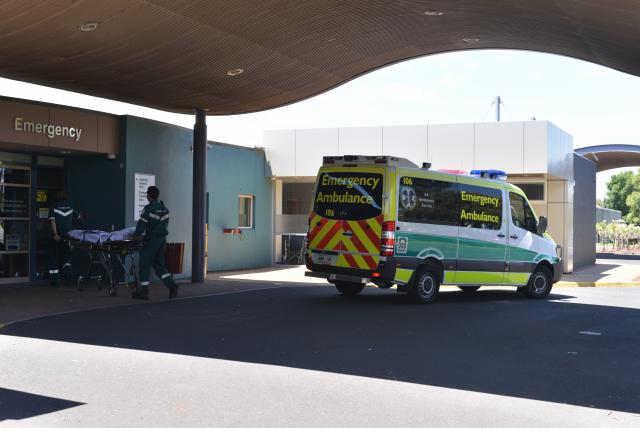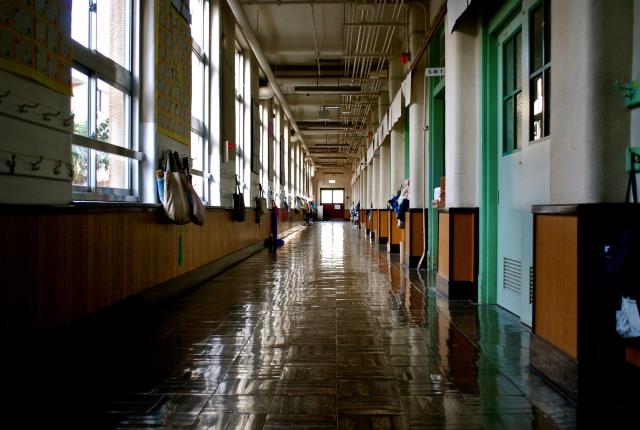As we leave the winter months behind and look forward to warmer days ahead, Ambulance Victoria (AV) paramedics are urging Victorians to update their asthma plans to stay safe this spring.
Spring conditions often present allergens and triggers for people living with asthma and if it’s unmanaged or not prevented, it can develop into a serious health concern.
Around one in nine Victorians live with asthma and it can affect people of all ages.
Ambulance Victoria director of emergency management Justin Dunlop said our paramedics know well that if people don’t have an asthma action plan in place, it can become life-threatening.
“The conditions will change quickly in the coming weeks, so we want everyone with asthma to be ready with a plan,” he said.
“It’s simple – visit your GP and they can create an action plan with you.
“Everyone’s asthma action plan will look different, and it will help you manage your condition, ensuring you don’t find yourself in an emergency.”
Adults should update their asthma action plan yearly, and for children, every six months is recommended.
The start of the season also marks National Asthma Week from September 1 to 7, which aims to raise awareness for the condition and ways to manage it.
Common triggers for asthma include outdoor allergens such as pollen, dust, air pollution and even thunderstorms, while gas cooktops, mould and dust mites inside the home can also cause a reaction.
Keep an eye out for symptoms such as wheezing, breathlessness, shortness of breath, coughing and chest tightness.
“By taking preventative action and taking asthma seriously, you’re making a real difference for our busy paramedics who are facing high demand,” Justin said.
“Follow your asthma action plan, and most importantly, if a person is having difficulty breathing and their reliever medicine is not working, don’t delay in calling Triple Zero (000).”
Asthma Australia’s director of health knowledge and translation Anthony Flynn said an asthma action plan is a great asthma management tool.
“It sets out your important asthma information in a way that is easy to follow and is a valuable reminder of what to do in case your asthma gets out of control,” he said.
“Following your plan and having regular reviews with your doctor can result in fewer days off from school or work, reduced emergency visits to hospital and less use of reliever medication.
“With spring pollen allergens on the horizon, it’s important that you take action now to help avoid an asthma emergency and a visit from emergency services.”
Communities can also make a difference by using Victoria’s range of alternative care pathways that are available and located right across the state for health matters that are serious but not life-threatening.
The Victorian Virtual Emergency Department (VVED) is available online 24/7 at www.vved.org.au.
It’s free and connects you with emergency doctors and nurses from anywhere in Victoria.
You can also visit a nearby Urgent Care Clinic, which provides GP-led care to those who need urgent care, but not emergency ambulance response. To find your nearest one, visit the Better Health website.
Victorians can also get care from their GP, pharmacist, or NURSE-ON-CALL on 1300 606 024.
These services help save Triple Zero (000) for emergencies by reducing non-urgent and repeat ambulance call outs and unnecessary trips to hospital.
You can access Asthma Australia’s online resources at asthma.org.au, including asthma action plan templates and you can book a call with an asthma educator.
To learn more about asthma action plans, visit the Better Health website at betterhealth.vic.gov.au/health/conditionandtreatments/asthma-action-plans.







